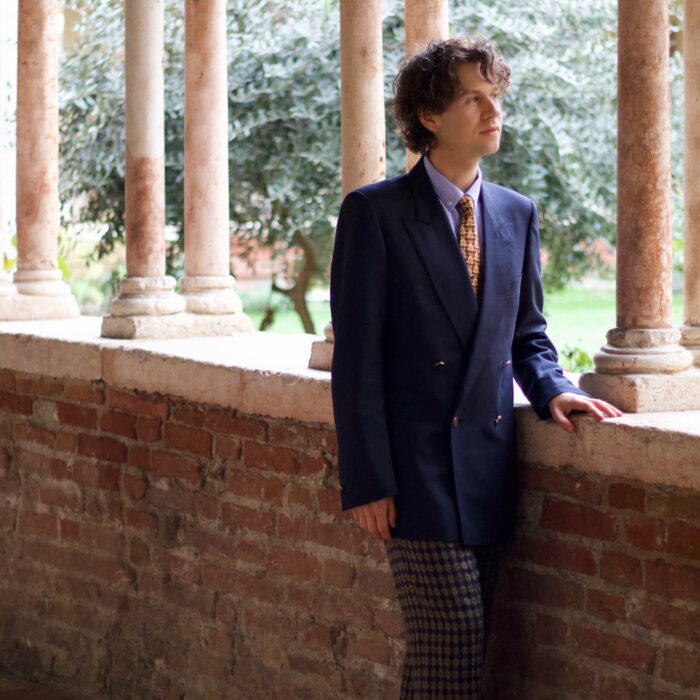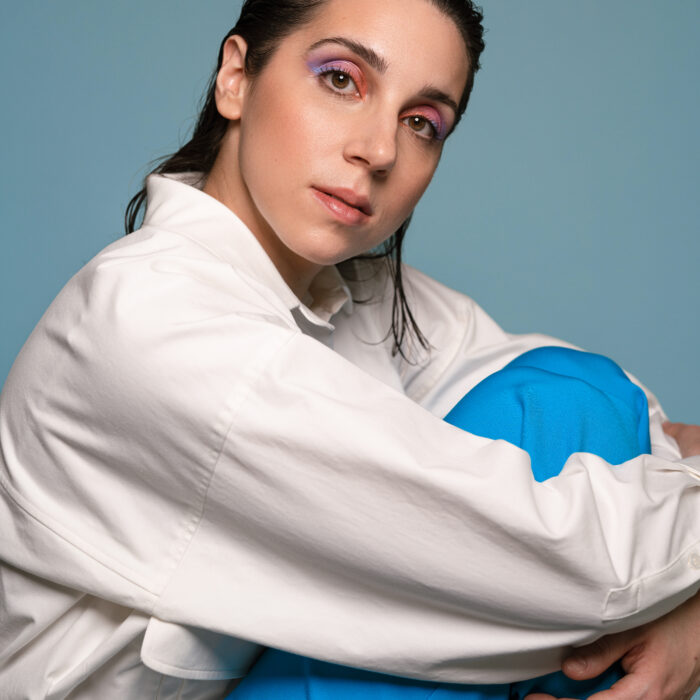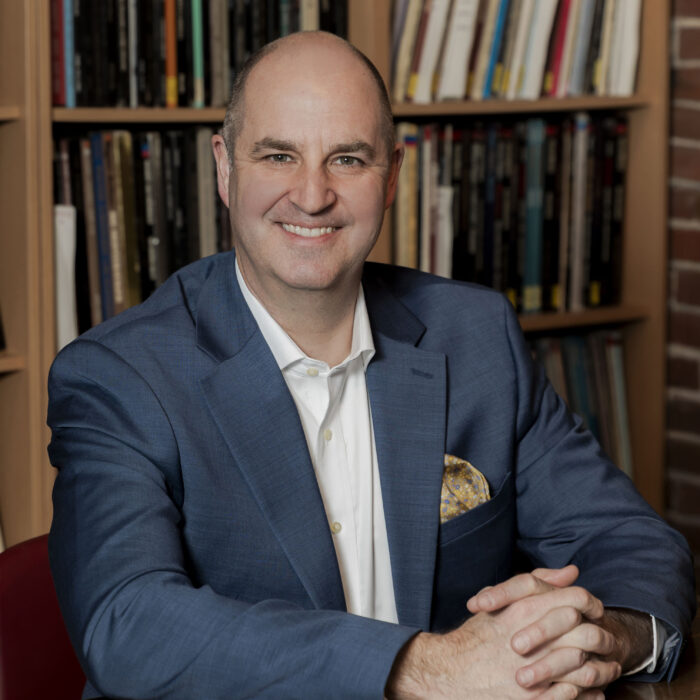
Q & A: SeokJong Baek On His Favorite Roles & How His Faith & Voice Transitioned His Opera Career
By Mike Hardy(Photo: Dahyun Baek)
SeokJong Baek’s rise to prominence in the opera world can only be described as meteoric, if not almost difficult to believe. Almost 15 years singing as a baritone, a chance encounter with fellow South Korean tenor Yonghoon Lee suggested to him that he might make a better tenor than a baritone.
Despite joining the San Francisco Young artists program as a baritone in 2019, the Covid 19 pandemic became the impetus for SeokJong to make the change. He trained himself, religiously, singing daily in a South Korean church in San Fransisco, almost giving up his quest at one point after making little progress in his vocal transition. After the
pandemic as over, he had progressed sufficiently to enter competitions and it is testament to his abilities that three of his first roles as a tenor were at the Royal Opera House in London, a level of prestige that many singers work years, if not decades, to achieve.
Operawire caught up with SaekJong at the Royal Opera House, the night after his opening night as Cavaradossi in Puccini’s “Tosca.”
OperaWire: Hello SeokJong, thank you for speaking with OperaWire. How does it feel to be back here at Royal Opera after your big debut success as Samson in 2022?
SeokJong Baek: I mean, it’s always delightful for me, since I made my surprise debut here and they like to have me. I’m so fortunate. I feel so blessed. Every time I come here, luckily the roles that I’m singing are very much fit for my voice, so I’m always feeling that I come ready and ready to sing. you know what? So, it’s my second home! (Laughs)
OW: You once described yourself as “a bit of an introverted guy from South Korea.” So how does such a guy make what many are describing as a meteoric rise in the opera world, having only transitioned from baritone to tenor during the Covid pandemic, and how DID you make such a transition?
SJB: I’m just an ordinary person who loves singing. I was so into singing and I always look for how to sing better, and what is pure knowledge of bel canto singing.
And yes, I’ve been singing as a baritone for many, many years, nearly 15 years. When I was around 27 years old, my voice started to stretch out a bit. During my academic years at Manhattan school of music. I was unstable with my economy. I couldn’t’t support my tuitions. And it was so hard to continue the study. Because of that, all I could do was focus on singing.
Mom said “Don’t try to work and make money. You need to focus on singing”
Then I fully focused on how to speak naturally, then discovered that speaking is the most important thing, the key to singing. And then I practiced singing as I’m speaking.
After many months, all of a sudden, my high notes extended above A5 to C6. It felt like falsetto, but I would never imagine I could sing a tenor aria.
Also, I fully agreed with my teacher that I was a baritone. At the time I was singing Germont. My teacher said: “you are a young Verdian baritone.” My whole life I sung as a baritone, and I was trained as a whole technical baritone, but I could also hit high notes, so I was curious about my voice.
Then many years passed, one day in December 2018, I met Yonghoon Lee who told me that I could be a tenor. And in 2019, I entered the San Francisco Young artists program as a baritone. I finished all the small roles as a baritone. But I had already decided to change my voice. And then at the very end of the final show, I sang with Eun-sun Kim who was a guest conductor at the time, and they gave me an opportunity to sing tenor arias. It was “Recondita Armonia” in Tosca. It was the first time that I ever sang tenor arias in public.
So, I made the change and became a tenor in 2020. It was such a change and challenging. As soon as I committed to change, the pandemic happened. Nobody could really keep in touch because of social distancing. So, the only way I could train was by myself.
It was lucky for me that I had enough time to settle down my voice. I thought that I might need at least two years to settle down my voice. I went to a Korean church in San Fransisco. Without skipping a day, I went there to practice. Every day I just kept practicing and kept practicing. The first six months, maybe a year, was really terrible. I tried to sing tenor arias, but I couldn’t’t make it. Maybe I could sing in the early part of the aria. but as the aria goes to the end, all the tension and the high notes that I knew before from the time, it was totally different. So I began regretting and thinking that I’d made a huge mistake trying to become a tenor. And I was already doing OK as a baritone.
But I just kept training and practicing in the church. Also,I prayed a lot. I did not even make a sound until I finished praying.
The key was speaking. I tried to make my voice resonate through the mask area. And then I opened up my body, connecting the resonance to it. So, I trained my voice, first by speaking. Then I put my singing into this method. After a year or so, it started to feel a little bit easier, and I could begin to sing full arias. Over the next few months, it felt as though I was getting better and better. Then as soon as the pandemic settled down, they started to have in-person competitions. Then I went to competitions, and I won them. That was a huge change.
When I made my tenor debut at Royal Opera House with Elīna Garanča, she was my first partner as a tenor. She was like: “Can you imagine you’ve been singing as a baritone for many years? No, you’re born to be a tenor.” That’s what she said.
OW: I saw you in “Cavalleria Rusticana” at the Royal Opera House, replacing an indisposed Jonas Kaufmann. I read recently you were offered the role with less than two weeks to go before opening and that you didn’t know the role! How did you learn it so quickly?
SJB: That was another of my biggest… well…. a career threatening time! You know I made such an impression with “Samson and Delilah.”
And then one day at the end of the rehearsal, Maestro Pappano was looking at his phone, and he seemed freaking out. I didn’t know why but after a few days, I heard that Jonas was ill and was not coming to the rehearsal, and then he may be coming a few days before the opening night. Maestro came to me and said: “SeokJong, do you want to cover this role? I accepted it of course, and then people started saying: “Hey SeokJong, you’re going to be singing it. I bet he might not come. and you will end up having to sing it!” So all of a sudden, I got so stressed because you know I had no idea about this opera. I only knew the key aria. So, then I was freaked out and I was trying to find somebody to help me to learn the music. At that time when I started learning the music I had three shows left in the week for Samson. Three shows left and then I started to learn the music for “Cavalleria” for four hours every day with the coach here. That week was the most challenging time because I had to finish the three “Samson” shows and then I sang every day for four hours. I finally got into the rehearsal and then there was Maestro Tony Pappano and several coaches there.
He asked: “Can you play it?”
I told him I couldn’t do it. I had learned it, but it wasn’t yet in my head. I was so freaked out, sweating a lot. I felt so naked.
I said: “I’m so sorry. Maestro”
He replied: “It’s okay. Just do it. Just do it”
So, I started to learn the choreography. After three to four days, I started to learn all the choreography, and then, I started memorizing as well. Another three to four days, I took to the first stage with the full orchestra. And then that was the first time I sang the whole way through it without music. So, it was like one week and four days of rehearsal. I learned the opera. Luckily because “Cavalleria” is not a huge, long opera. Somehow it seemed to work.
OW: What was it like working with Maestro Pappano. He has a great reputation for being a singer’s conductor also, doesn’t he?
SJB: I mean, it’s absolutely delightful to work with Maestro Pappano because he’s a very passionate Italian soul. He’s very active in the rehearsal and demanding musically what the singer needs to be. I’m a bit of a shy person but he was like pushing me to a certain level and he inspires me so much. Working with Maestro Pappano is very challenging as a singer. Sometimes he literally asks to sing piano. But it can be dangerous for the singer who is… somebody who has not a secure technique. I was able to do what he requested. I was very pleased that I could do it.
OW: Tell me about growing up in South Korea. You had a lot of exposure to opera as a young man?
SJB: My parents and other family love music. I have an uncle who conducts in church. My father joined an amateur voice group singing. My mother sings gospel every day at home. My sister was the only real musician in my family. She was training as a pianist, but in her teenage years, she started to sing. She became a soprano. And then at the time, I was a teenager also, 16, 17 years old, looking for what to do in the future.
When I was younger, I was a person who was very active and I also wanted to be an athlete; like be a basketball player or judo, I love judo. My Grandpa suggested that I focus on my studies, so I put that idea aside. But a few years later my parents suggested that I follow my sister and sing.
I had an audition with her teacher in town and then, I started to clearly, fully decide to be a singer.
I remember one day when I came home, I was Googling “the best classical singers” and I discovered Luciano Pavarotti. It is such a shame I never knew him before. When I first heard him sing, his signature aria, “Nessun Dorma” and I was like “Wow! Is this classical singing?” I was mesmerized by his singing
OW: So Pavarotti was your big influence? Who else did you take inspiration from?
SJB: Really, only Pavarotti, but baritone-wise it was Cappuccilli, Renato Bruson, Ettore Bastianini… but once I heard that “Nessun Dorma,” the tenor aria after that, I was miserable for weeks because I couldn’t sing it, as a baritone. I was sad.
OW: But you DID go on to sing it, to great acclaim at the Met?
SJB: It was the season for the house debut. “Nabucco” and “Turandot.” It was so fantastic to sing this role at the Met. Like a young boy who dreamt of singing the role and it finally came true. I almost had an encore! “Nessun Dorma” but the regulation was, if the audience applauds for one full minute, then we do the encore! I think they clapped for 45 seconds, (laughing), so I didn’t make it! But I made an encore another day at the Met.
And this season I am singing “Turandot” here at the Royal Opera House in next spring. But I’m also debuting a new role in Arizona with MORE Puccini in January. I am singing “La Bohème.” I’m working on it. It’s a bit high! I knew that it’s high, but I never realized how high, compared to the other roles I perform. It could be a little like too dramatic with my voice. But why not? It’s a Puccini opera so I can be a little bit fuller than regular tenors.
OW: You have achieved so much in a comparatively short space of time. What would you like to work on next?
SJB:
Well, “Turandot” was always my dream role. Now, finally, I can claim it as my signature role. Since my debut two or three years ago, I have had more than eight roles debut. “Samson,” “Cavalleria” “Turandot,” “Tosca,” “Aida,” “Butterfly”…
My next, new future roles are “I Vespri Siciliani” in French at the Royal Opera House. And I’m preparing for “La Fanciulla del West” and later “Don Carlo” at the Met.
Also, I want to sing “Il Trovatore” and “Carmen.” They haven’t been planned yet.
OW: What do you like to do when you’re not singing?
SJB: Taking care of my condition and health due to heavy schedules, but the most important thing for me is sleeping. Sleeping well gets you better immune systems. I need at least eight hours. If I’m still tired, I take more sleep for one or two hours.
And I don’t smoke, I don’t drink, and I barely take sugary drinks. I try to avoid bad things for your health.
But I’m blessed. I’m so overwhelmingly happy when I’m doing rehearsal and singing with a fresh voice. I’m so blessed. All that working and practicing in that church during the lockdown was worth it. It was long and deep, the dark tunnel, but I just kept going forward with faith until I finally came into the light.



